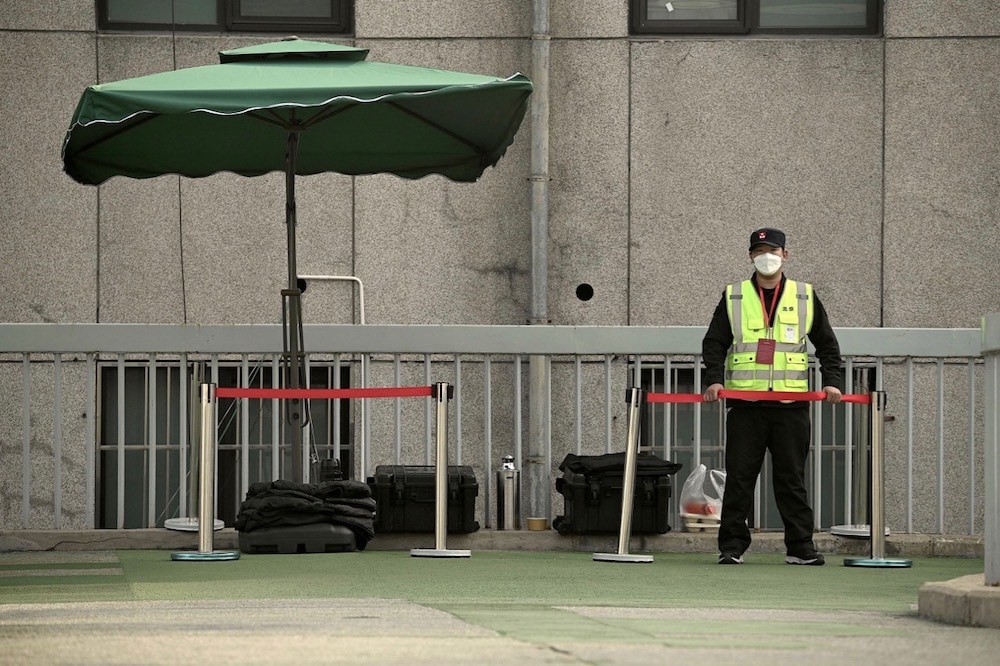Freedom House reported that the historic 20th Party Congress opened in Beijing alongside propaganda, censorship, intimidation, and a public act of dissent.
This statement was originally published on freedomhouse.org as part of Freedom House’s October 2022 China Media Bulletin.
Propaganda around 20th Party Congress
Party propaganda ahead of the congress, which opened on October 16, focused on highlighting “achievements” since Xi came to power and emphasizing that Xi Jinping is the future of the party. The Chinese Communist Party (CCP) mouthpiece, the People’s Daily, published a record of CCP “achievements” with “Xi Jinping at [their] core” that included poverty alleviation and hosting of the 2022 Beijing Winter Olympics; it characterized these as examples of the “strong leadership of the Communist Party of China” forming “the most reliable backbone of the Chinese people.” The publication also firmly placed Xi at the center of China’s disastrous initial response to COVID-19 – and with his ongoing measures having resulted in the extended lockdown of entire cities – stating that “Xi Jinping was firm and calm, courageous and responsible, and responded scientifically” to the outbreak in Wuhan. A September 2022 academic analysis found that party-led scripting in news media had become more obvious and ideological in the past decade under Xi Jinping’s leadership; the study found that the shift was likely due to efforts by officials to show their loyalty to Xi and signal to online outlets that such flattering content should be reprinted. Researchers also questioned whether this could have drawbacks for the party, first by training readers to identify propaganda, while at the same time effectively withholding information indicating public discontent with Xi’s policies from CCP leadership.
Intensified online censorship ahead of congress
According to censorship monitoring platform GFW Report, starting October 3, censors increased obstruction of circumvention tools, which tech-savvy users employ to access blocked sites, mainly affecting transport layer security (TLS)-based programs. This was reportedly the largest-scale block of TLS-based tools to date. Censors also blocked search terms on Weibo, Douban, and other social media platforms, including “reelection,” slang terms, and a Japanese anime site. Searches of Xi Jinping’s name were also tightly controlled on social media platforms, according to analysis by the Wall Street Journal. According to the China Digital Times, 35,467 different phrases were blocked online when mentioned in proximity to Xi Jinping.
Police threaten activists, watch for dissent ahead of congress
According to Radio Free Asia, petitioners (individuals who pursue complaints against local governments) and other activists around the country have been threatened by police, who warned them to stay away from Beijing and refrain from speaking out or giving interviews to foreign journalists. One petitioner said police warned that if they traveled to Beijing, authorities would detain them in a COVID-19 quarantine center. Following a protest on a bridge in Beijing on October 13, authorities deployed “bridge watchers” to patrol bridges across the city to ensure no more protests were held. On September 28, the Ministry of Public Security issued a statement that it had arrested 1.4 million “criminal suspects” in a “Hundred Days of Action” campaign between the end of June and September to “create a safe and stable political and social environment” for the party congress.



